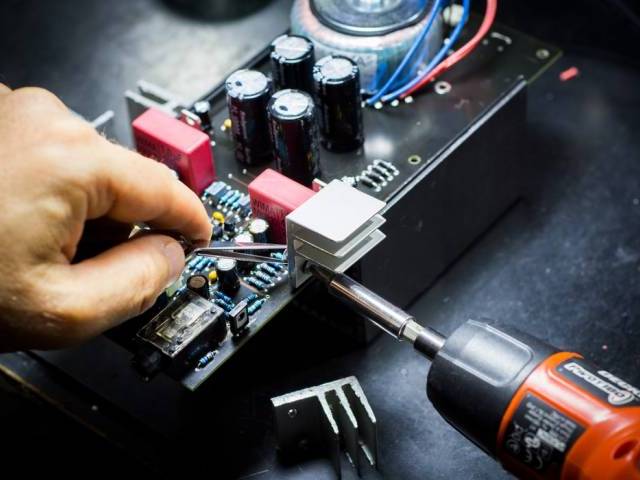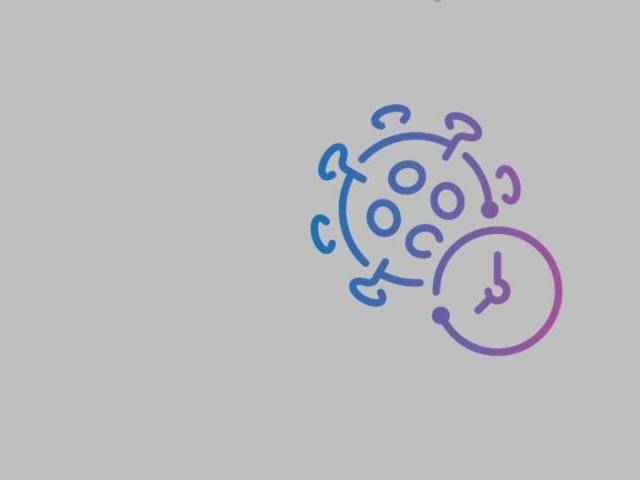Even if you’ve been to more job interviews than you care to mention over the years, each one is unique and requires preparation that’s tailored to the demands of that specific role. With every interview, you are selling new skills to new people, so it’s essential you prepare. The more you prepare, the more comfortable and confident you’ll feel on the day, and that will allow you to showcase yourself and your experience in the best possible way.
Before we introduce the tips we think you should follow when preparing for a job interview, it’s important to think about what makes an interview successful.
What does a successful job interview look like?
- It’s social: You connect with the interviewer/s on a personal level and demonstrate that you’d be a pleasure to work with.
- It’s professional: You’re smartly dressed, on time, use professional language and present yourself in a meticulous and courteous way.
- It’s human: An employer wants to get a genuine insight into your personality to help them determine whether you’d be the right fit for the organisation and the team.
- The small details matter: Your posture and body language can be just as important as your skills and competencies, so make sure every detail is considered.
Now we know what a successful interview looks like, these the steps you can take to prepare…
1. Research the industry and the company
This is an age-old interview tip but it’s one many candidates don’t pay enough attention to. Having a quick look at the prospective employer’s website to find out when they were established and learning a little about their backstory is not enough. In the tight-knit electronics sector, it’s important you know what position the firm occupies in the industry, who its competitors are, what sets it apart and what opportunities and threats the organisation faces in the future.
2. Know your audience
As well as researching the industry and the company, these days, it’s also possible to find out more about the interviewer themselves. If you have contacts in the industry then they might have experience working with the individual. If not, their profile on LinkedIn, posts they have written and even their Twitter account could give you a sense of who they are and what they’re looking for.
3. Prepare for behaviour-based interview questions
The interview process is certainly not an exact science and it can differ significantly from one employer to the next. However, one thing you can be sure of is that you’ll be asked the behaviour-based questions so many candidates dread.
Behaviour-based questions aim to dig beneath the veneer of the CV to reveal a candidate’s real behaviours at work. They ask candidates to provide real-life examples of why certain decisions were made, how you implemented solutions and what outcomes they led to. Here are some examples of common behaviour-based questions that you may encounter.
4. Score a ‘win’ in the first few minutes
Studies indicate that some interviewers make up their minds about a candidate within five minutes and then spend the rest of the interview trying to confirm that decision. So, what can you say or do to create the best possible first impression? Speaking clearly, engaging with the interviewer and having plenty of energy and enthusiasm is an excellent place to start.
5. Practice, practice, practice!
It’s one thing to have mentally prepared an answer to a particular question, but it’s quite another to say it out loud in a clear, concise and convincing way. Practice verbalising your answers as much as you can with a partner, friend or family member. Recording your answer and playing it back is an effective way to help you improve.
6. Stay calm
Preparing for a job interview will allow you to stay as relaxed and calm as possible and exude the confidence an employer will want to see. Your body language says a huge amount about you and it’s not something you can fake. You should also make a conscious effort to listen carefully to the questions you are asked before rushing in with an answer that isn’t relevant.
7. Focus on success
Visualising success can help to improve performance and alleviate some of the anxiety you might feel before and during the interview. Imagine your interactions with the interviewer in a positive way in the days and hours before you attend. What distinguishes good visualisation techniques from a passing daydream is that you purposefully programme your mind to visualise only the positive things you want to happen. Here are a few visualisation tips to help you succeed.
8. Prepare questions for the interviewer
A job interview is a two-way process. It’s just as important that you find out whether the employer is the right fit for you as it is the other way around. A good all-around question is: “If you could design the perfect candidate for this position, what would they be like?”. That will give you a clear idea of the skills and traits the organisation values. Asking about opportunities for flexible working will also help you determine whether the new role will fit around your existing commitments.
9. Consider your salary expectations
Many employers provide a salary range for the role but not the specific salary they’ll be willing to offer. When preparing for a job interview, we highly recommend you spend time thinking about where in that salary range you fit and formulating your argument to explain why. Being caught off guard when asked about your salary expectations could potentially cost you thousands of pounds.
10. Get a good night’s sleep!
There’s nothing less conducive to a good night’s sleep than knowing you have a job interview the next day. For that reason, we’d thoroughly recommend you get to bed early to give you every chance of getting your eight hours. Preparing for a job interview thoroughly will also help you to relax, safe in the knowledge that you’re ready to give it the very best you’ve got.
Ready to take your next step in the electronics sector?
At PER International, we work with leading employers to help you secure the best SMPS, UPS, semiconductor, datacentre, cybersecurity, E/V and green energy jobs in the UK and around the world. Get in touch with our team to find out more.










